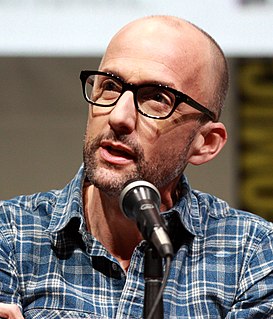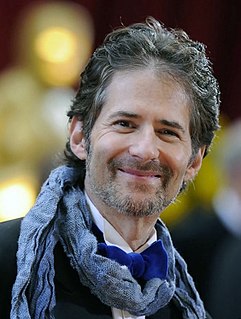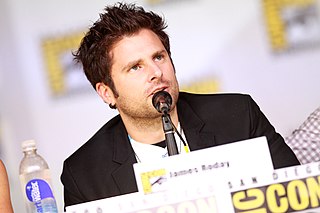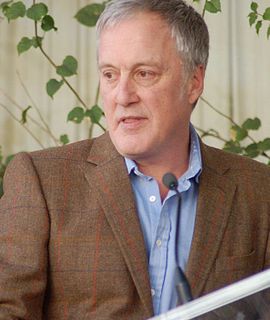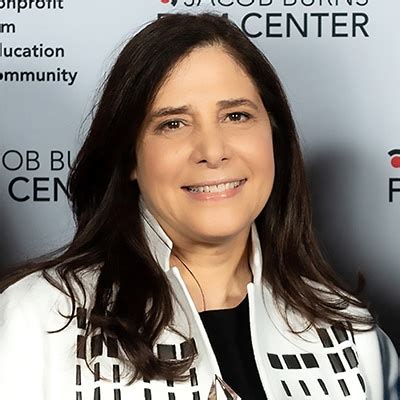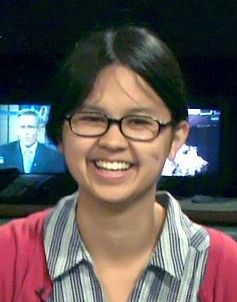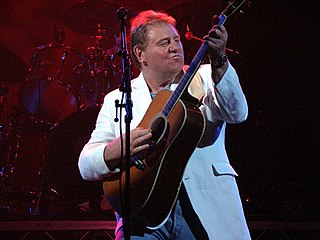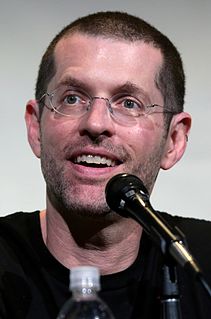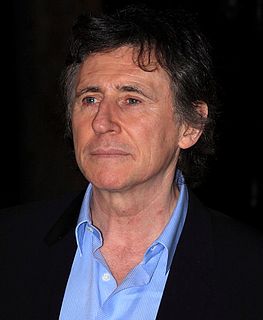A Quote by Jim Rash
In a weird way, the drama behind the stage was sort of keeping 'Community' on people's minds.
Related Quotes
I grew up doing plays - I went to a stage school after school - and it's always something that I've wanted to do, but, in a weird way, if you do television and film and you didn't go to drama school and don't have a theatrical background, it's hard to get your foot in the door. In the same way that it is for theater actors to get into television and film. There's a weird prejudice that goes both ways.
You may be a geek. You may have geek written all over you. You should aim to be the geek they will never forget. Don’t aim to be civilized. Don’t hope that straight people will keep you on as some sort of pet. To hell with them, they put you here. You should realize what society has made of you and take full revenge. Get weird. Get way weird. Get dangerously weird. Get sophisticatedly thoroughly weird and don’t do it half way, put every ounce of your horse power into it. Have the artistic courage to realize your significance in culture.
The word “art” is something the West has never understood. Art is supposed to be a part of a community. Like, scholars are supposed to be a part of a community... Art is to decorate people’s houses, their skin, their clothes, to make them expand their minds, and it’s supposed to be right in the community, where they can have it when they want it... It’s supposed to be as essential as a grocery store... that’s the only way art can function naturally.
'Confederate,' in all of our minds, will be an alternative-history show. It's a science-fiction show. One of the strengths of science fiction is that it can show us how this history is still with us in a way no strictly realistic drama ever could, whether it were a historical drama or a contemporary drama.
